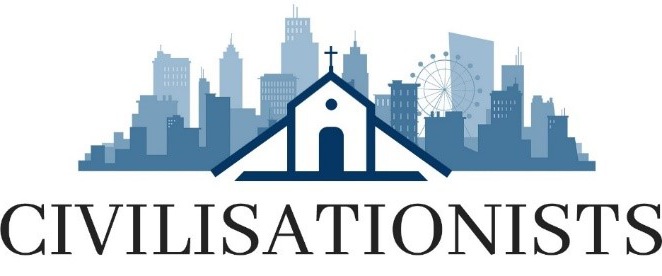
Protesters on the lawns of Old Parliament House, in Canberra. Picture: NCA NewsWire / Gary Ramage
We are not responsible for the Australia of the past; we are responsible for that of the future. Nothing more starkly engages that responsibility than the proposed changes to the Constitution. That is because the proposed Aboriginal voice cuts across the fundamental pillar of a democratic society: political equality. The voice proposal would grant one group of Australians a constitutional entitlement – to a representative body of its own – other Australians do not enjoy.
The right of all citizens to participate in the political process on an equal footing has been the lodestar of the struggle for a fairer world.
Time after time, change has been measured by whether it allows the realisation of that right. The denial of political equality has been a sure sign of poisonous social division. Reaffirmation of the ideal’s value of equality has laid the basis for righting historic wrongs. An example is the debate over the emancipation of the Jews after the French Revolution (1789–92). The new national Assembly of the French Republic was called on to grant French Jews unconditional political equality. If justice was to be blind to the colour of a person’s skin and their beliefs, so must be the political process that determined the spirit and substance of the laws. It followed that Jews should enjoy every right the revolution had secured, and that they could not claim any greater rights than those of other citizens. Therefore, Jewish petitions for self-government and for special representation were opposed.
The proposal that there could be different grades of citizenship was rejected by the French. Just as ‘all citizens should be judged by the same laws, exercise the same rights and fulfil the same duties’, so the right to participate in framing those laws should be the same for all.
A sure way of forging a better future was for communities to interact as fellow citizens who, for all of yesterday’s injustices, would share tomorrow’s hopes and fears. Thus, the French Jews were refused special rights as a ‘nation’, but were granted everything as ‘individuals’. In the eyes of the French thinkers and lawmakers there could be only one nation – France, which was to be a state of equals, not a collection of separate, distrustful tribes.

Picture: NCA Newswire / Dan Peled
The principle that all citizens have the same constitutional rights and obligations has endured as a beacon of Western thought. Now, Australian leaders are spurning that tradition, telling us to reverse the arc of democratic progress to create a ‘fairer Australia’. Their logic is that for all citizens to be equal, some citizens must be made more equal than others.
The political inequality we are being urged to adopt will not reduce the differences that separate us, as the voice will cement them into an effectively irremovable constitutional reality. The Constitutional voice will reinforce the idea that Aboriginal Australians have some inherent trait that defines them and makes it impossible for their interests to be represented by their non-Aboriginal fellow citizens.
Nor do the dangers end there. Determining who is and who is not “indigenous” will be controversial. Is that what we want to leave our children and grandchildren: a country in which distinctions based on biology are used to bestow constitutional privileges on some Australians and deny them to others?
The voice proposal smacks of symbolic politics which confuses illusions for solutions. Australia’s future deserves better.
Henry Ergas, AO
